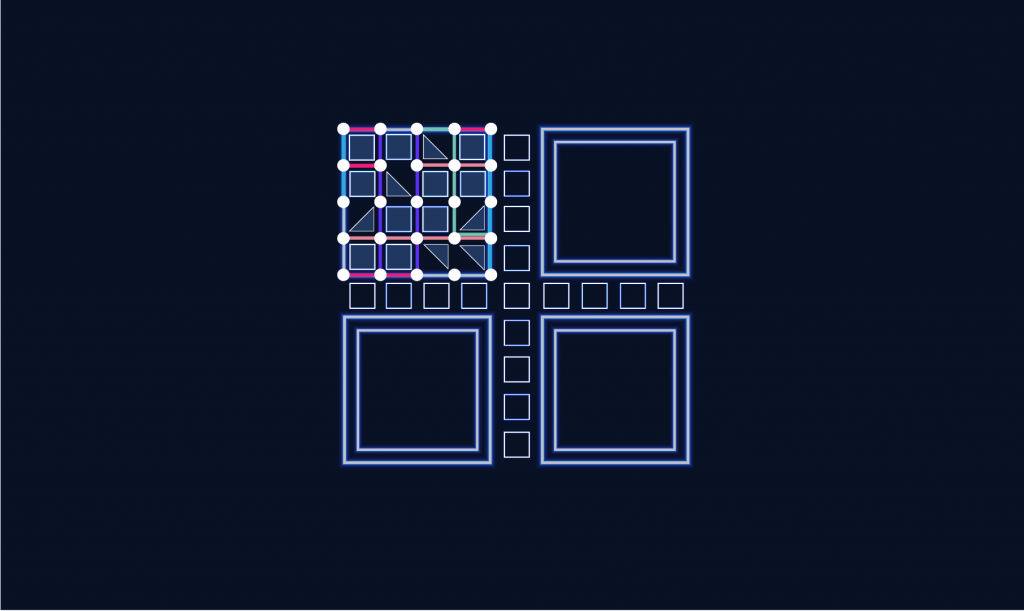Austrian company ParityQC and researchers with the University of Innsbruck have proposed a new method for mapping optimization problems onto quantum circuits to enable a more modular layout and ultimately greater performance in quantum computing devices.
The researchers have just published a paper in scientific journal PRX Quantum titled “Modular Parity Quantum Approximate Optimization.” They tackled the problem that “decoherence-limited algorithm runtime” poses to the performance of current quantum computing devices.
Achieving a novel modular approach means that quantum circuits can be decomposed into smaller sub-units or blocks that can be run in parallel, leading toward greater scalability, the researchers said in a statement.
In the statement, the research team explained that it “focused on a parity-transformed version of the quantum approximate optimization algorithm (QAOA), a digital quantum algorithm to solve combinatorial optimization problems. Using novel quantum operations, they introduce an approach to divide the chip into smaller parts that are connected in a modular way. As a consequence, the circuit depth, and thus algorithm runtime, remains low and constant, and performance is improved compared to the standard Parity QAOA.”
The approach leverages ParityQC’s Parity Mapping capability, which the statement said supports encoding of “optimization tasks with arbitrarily high connectivity onto a square lattice geometry, requiring only single-body terms and local constraints, which results in a parallelizable low-circuit-depth QAOA implementation.”
The proposed solution also leverages non-local QAOA operators, avoiding direct implementation of the constraint terms and increasing likelihood of success. The statement said, “The physicists propose a generalization of these two approaches, and by partitioning the constraints into two groups they allow for a trade-off between circuit depth and success probability.”
This news comes after PartyQC previously had gotten together with companies like ColdQuanta and NEC to collaborate on quantum optimization and scalability issues.
Dan O’Shea has covered telecommunications and related topics including semiconductors, sensors, retail systems, digital payments and quantum computing/technology for over 25 years.
